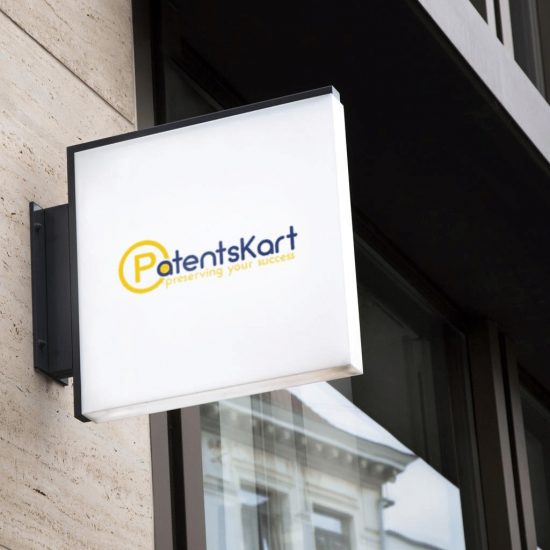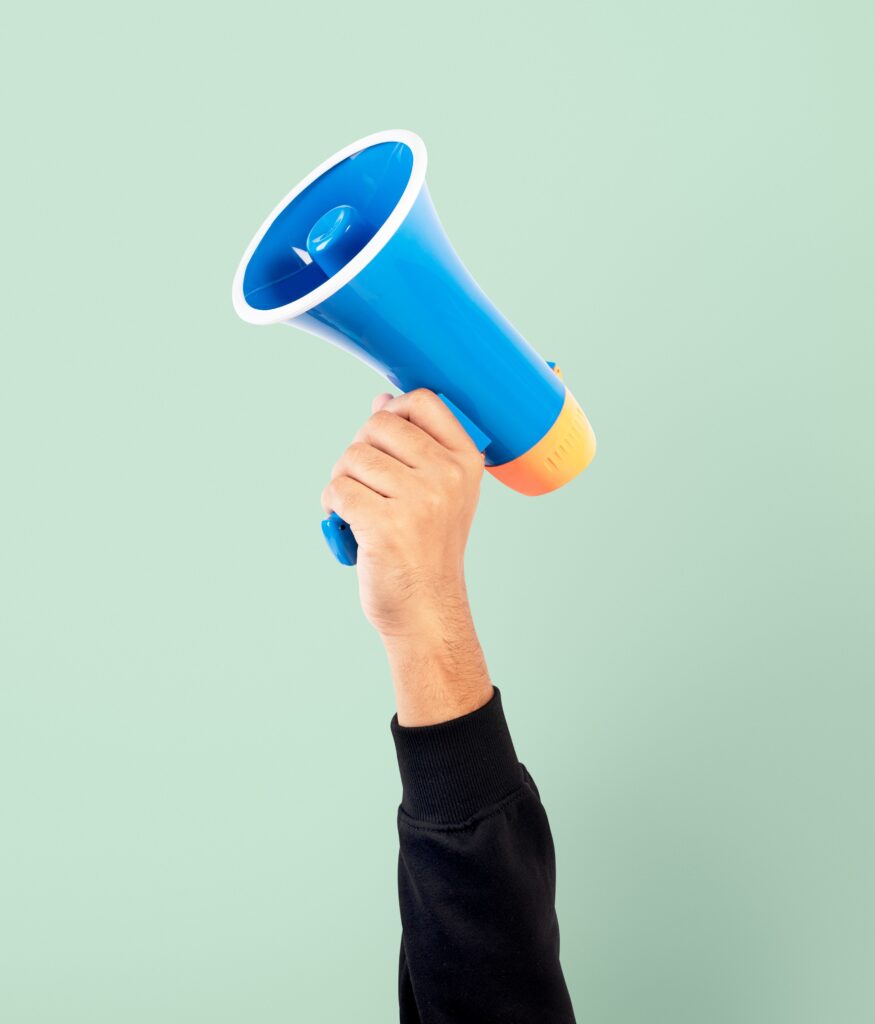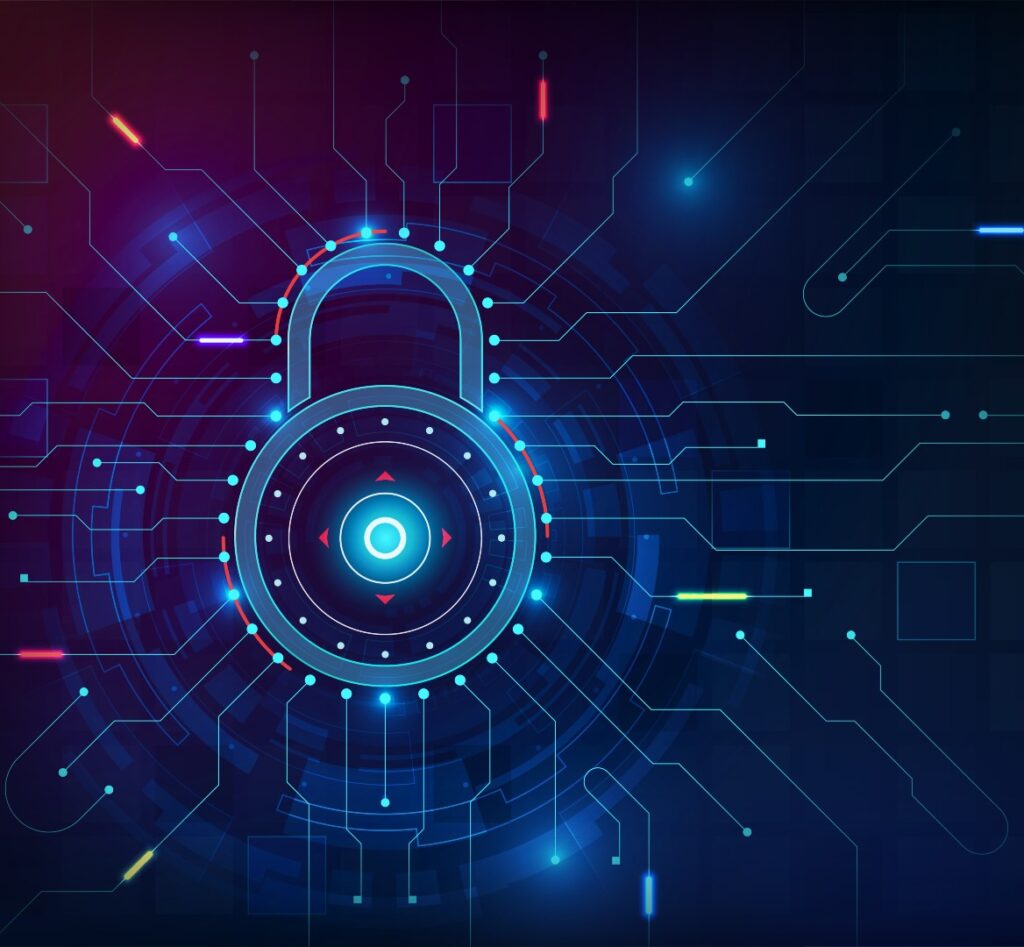This patent belongs to you
This patent belongs to you

Extensive mining of technical literature

Monetization focus

5 days turn around time

Leverage diverse industry experience

We identify millions of potential licensees for you, so you can focus on the ones that matter most.
Opportunities for patent licensing lie in tracking companies that are illegally selling your patented technology and identifying companies that are operating in a similar technology domain. Such companies that are not already infringing might be interested in buying or licensing your patents.
Our technology experts will carefully analyze your portfolio and evaluate different technologies to recognize patents worth licensing. These could be underperforming patents or patents that are not aligned to your core technologies. Accordingly, we locate potential licensees best suited for driving negotiations.
We work with you to strategize patent acquisitions or cross-licensing opportunities. Our company will evaluate your business needs and the growth of the technology of interest to identify technologies/patents best fit for strengthening your existing portfolio. Multiple parameters are used to estimate the value or worth of a patent.
Leverage our diverse industry experience
It is important to do market research companies using two methods:
Searching online.
There’s no way you can personally visit every retail location that might carry your product, so it’s necessary for us as consumers who want to access this information at all hours of day or night!
Searching, on the other hand, will give different results depending on where someone looks; they could get hits from regions across America AND parts around the world – making these types of searches much more comprehensive than going person-to date in one place, which would limit what kind gets found by geographical area only.


This is a great way to find trade show booths. The first thing you should do is type in your product’s category followed by “companies,” then visit the website of any upcoming shows for that particular industry and see if there are any events listed with information on them.
Patents are tricky because they’re usually protected by law, but what if you need access to someone else’s invention? Well, there is an exception: “mandatory” patent licenses. These particular types of agreements permit for use without getting into the details, which can get messy with litigation–it just takes one person not following their terms and then boom – lawsuits all around.
The legislation allows a US contractor or subcontractor to use any patent without first seeking permission from the patent owner if doing so is required to meet government contract obligations. The exception? They must pay reasonable compensation in return but cannot be prevented from doing so by their property’s holder – which would mean no one can hinder you while on your job site.
If essential to execute federal contracts, the law allows a US contractor or subcontractor to exploit any patent without first receiving permission from its owner. However, this doesn’t allow them total impunity as they can still be held liable in court; however, reasonable compensation will be paid by U.S. courts on behalf of their countrymen who are being oppressed via commercialization and coverage theft.
The phrase “without first obtaining” has been added here because otherwise, there would not have been enough time between Contracting Organizations (i) submitting requests through standardized procedures specifying what type subclass level invention was desired along with written descriptions addressing issues such as prior art references cited during prosecution leading up tp grant.
The method of creating a new drug is both tedious and time-consuming. The inventor grants these patents exclusively so that only one company has access rights. In contrast, others like competition are not allowed or able Yet still must follow strict regulations put forth from various governing bodies such as FDA (Food & Drug Administration) if need be.
Patents are one way that the creator of a drug can protect their invention. With patents, it is straightforward for them to make sure no one else Copy Cats their work and takes away all profit potential in doing so! They define who owns what rights when there’s a licensing agreement with another company regarding medicine–the person (or lab) who came up with the idea gets full control over how much money goes back into development costs after those expenses have been paid off through sales from previous products made using this technology.
Confidential information within a pharmaceutical licensing agreement refers to company trade secrets that are closely guarded and include proprietary data-related products, technology, and materials. Standard practices for these types of agreements require that both parties submit written disclosures with details about any confidential info no later than specified days after notice has been received by either one party or all participants in an arrangement involving this type of sensitive material; failure will result in penalties being imposed upon violators including fines up to five million dollars.
The drug company must pay the lab inventor one royalty for commercializing a product under the pharmaceutical licensing agreement. Parties to this contract calculate royalties based on net sales of drugs protected by patents and any sublicense fees received from them; both amounts go towards funding research and development costs, thereby creating new medicines.

Patent Law
The United States Constitution grants Congress sole authority to adopt patent laws, the first of which was enacted in 1790 and most recently revised in 1999. The patent laws provide out the rules and requirements for getting a patent, which are divided into three categories:
A patent owner has the right to provide others licences to use his patent. The licence agreement simply entails the patent owner promising not to sue the licensee for utilising his property in exchange for a royalty payment agreed upon between the parties. There is no specific form for a licence agreement specified by federal law or the USPTO, and no licence filing is submitted with the USPTO. Instead, patent licensing agreements are subject to the contract laws of the state where they are made.
A patent licence is an action by the patent owner in which he grants a third party permission to use the patent for a specified period of time. Such transfers of rights are temporary. In a patent licencing, the licensee is required to pay the licensor a royalty for the whole term of the licence.
On the other hand, a patent assignment is an act by a patent owner in which the patent owner permanently assigns the patent\’s exclusive rights. This type of transfer is recorded in the official patent record. The assignee must pay the assignor a lump-sum payment up front and then earn profits from the patented innovation later in a patent assignment.
Patent licences that are “mandatory” are exceptions to the general rule that a property owner can prohibit others from utilising his patent. In these instances, the law allows a US contractor or subcontractor to utilise any patent without first seeking permission from the patent owner if the use of the invention is required to meet federal contract obligations. In this circumstance, the patent owner cannot prohibit the patent from being used, but he or she can sue the US for adequate compensation. A district court may also order a patent owner to licence his patent to others if the use of the patent is required to comply with federal law. Federal law also permits the district court to require a patent owner to license his patent to others if the use of the patent is necessary to comply with federal environmental regulations.
United States-13521, 58th St. SE Snohomish, WA – 98290, USA
INDIA - PatentsKart B1, Netsmartz House, IT Park, Chandigarh - 160101